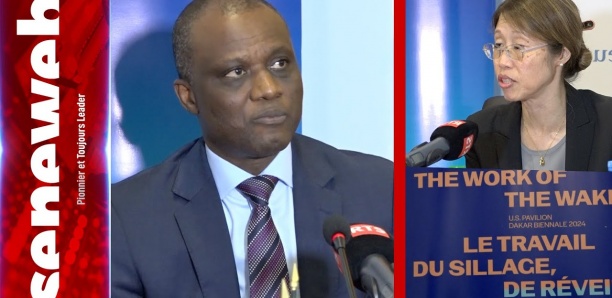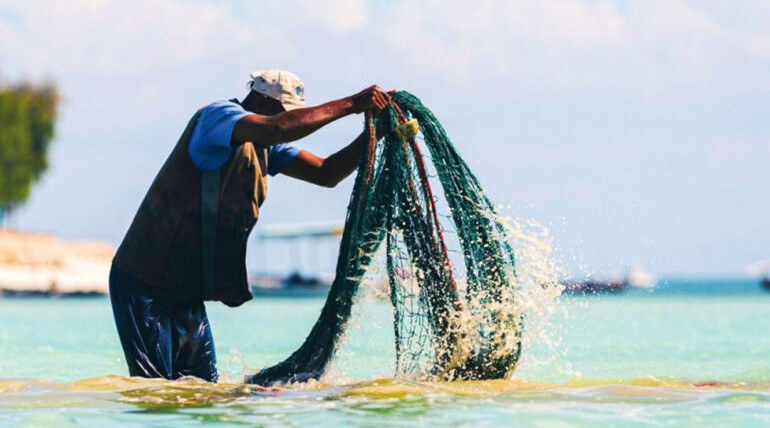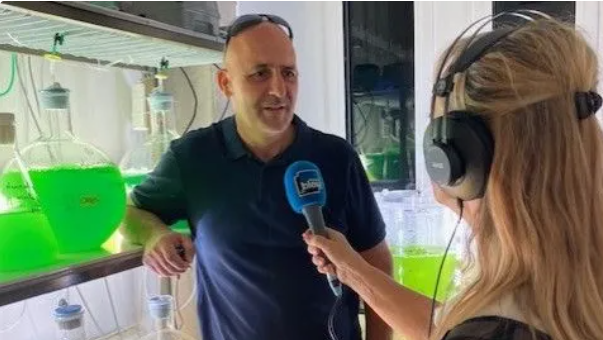The Millennium Challenge Corporation (MCC) and the Regional Compact Formulation Unit on the Blue Economy faced the press at the American Pavilion of the Museum of African Civilizations this Thursday, November 21. Kyeh Kim, MCC Vice President for Africa, and Dr. Abdourahmane Sarr, Minister of Economy, Planning and Cooperation, discussed the process of formulating the Regional Compact and key issues related to the sectors selected for the Blue Economy. It will be funded as a grant by the United States.
« The United States and Senegal have a strong and dynamic partnership based on our common democratic values and more than 60 years of cooperation in many sectors, from public health and governance to education and border security, and soon, the blue economy will be added to this list of shared priorities, » explained Kyeh Kim. She stated that this is about developing a new regional compact that will improve the living conditions of the Senegalese people and those in the West African region. « This compact is focused on the blue economy, or the sustainable development of Senegal’s marine, coastal, and freshwater resources, for job creation and economic growth. Investments in the fishing, horticulture, and tourism sectors in the country’s coastal regions will also be leveraged, » added the vice president.
A perfect harmony with Senegal’s new public policy framework
For the minister, « the new compact centered around the blue economy aims to promote a range of economic activities linked to marine and coastal ecosystems, aimed at improving the living conditions of populations through sustainable and inclusive economic growth while preserving biodiversity, in line with the consensus definition of the blue economy. » He added that it aligns perfectly with the spirit of the new framework. « This third compact, executed at a regional level, focuses on the blue economy and has been in formulation since January 23, 2024, before its entry into force in the near future. It will coincide with the entry into force of Senegal’s new public policy framework, » explained A. Sarr.
He also reminded that Senegal had its first compact with the United States in September 2009, when the Millennium Challenge Corporation of the U.S. Government and the Government of the Republic of Senegal signed an agreement worth $540 million. Senegal was subsequently selected for a second compact following a formulation process that took place from June 2016 to September 2018. This agreement consisted of a $550 million grant from the American people and a $50 million contribution from the Senegalese government. It officially entered into force on September 9, 2021, for a period of five years. On December 8, 2022, the MCC Board of Directors met to select countries eligible for the 2023 exercise for a new regional compact. This time, the compact was focused on Senegal, Gambia, Togo, Côte d’Ivoire, Mozambique, Sierra Leone, and Zambia
Source: seneweb




